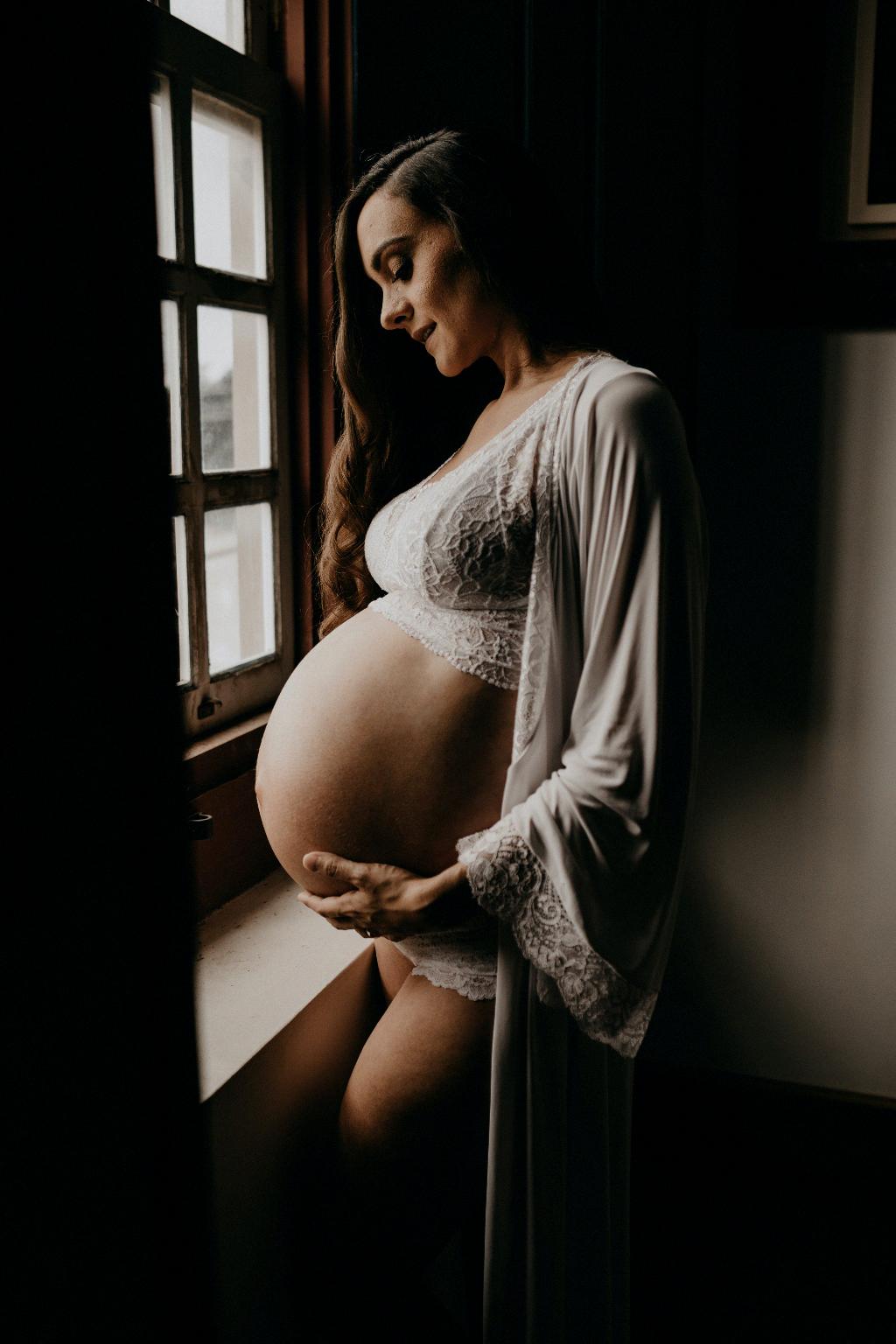Many individuals who experience a miscarriage often wonder about the implications of getting pregnant right after such a loss. The decision to try to conceive again can be a complex and emotional one, with various factors at play. Here, we delve into the question of what happens if you get pregnant immediately after a miscarriage.
Potential Physical and Emotional Considerations
Physically, the body may be ready to conceive soon after a miscarriage, as ovulation can resume within a few weeks. However, it is essential to consider the emotional aspect of a subsequent pregnancy so soon after a loss. Individuals may experience a range of emotions, including fear, anxiety, and grief, which can impact their mental well-being during a subsequent pregnancy.
Risks and Benefits of Getting Pregnant Soon After a Miscarriage
There is some evidence to suggest that conceiving within the first 6 months after a miscarriage may lower the risk of another miscarriage. This phenomenon, known as the “fertile window theory,” proposes that the body may be more primed for pregnancy during this time. However, it is essential to consult with a healthcare provider to assess individual risks and benefits.
Medical Guidance and Support
If an individual has experienced a late miscarriage or recurrent miscarriages, seeking medical guidance and support is crucial. A specialist health professional can provide personalized advice, recommend appropriate testing or treatments, and offer emotional support throughout the pregnancy journey.
Preconception Care
Prior to attempting to conceive after a miscarriage, it is essential to prioritize preconception care. This may include maintaining a healthy lifestyle, discussing any underlying medical conditions with a healthcare provider, and addressing any emotional concerns through therapy or counseling.
Monitoring and Follow-Up During Pregnancy
For individuals who choose to get pregnant soon after a miscarriage, regular monitoring and follow-up care during pregnancy are crucial. This may involve more frequent prenatal visits, additional testing or screenings, and close communication with healthcare providers to ensure the well-being of both the parent and the fetus.
Emotional Resilience and Support
Coping with the emotional challenges of pregnancy after a miscarriage requires resilience and support. Connecting with a support group, therapist, or loved ones who understand the unique journey of pregnancy after loss can provide a valuable source of encouragement and understanding.
Hope and Healing in Subsequent Pregnancies
While the decision to conceive again after a miscarriage can be daunting, it is essential to remember that each pregnancy is a unique opportunity for hope and healing. Embracing the journey with courage and addressing any fears or uncertainties along the way can contribute to a more positive pregnancy experience.
Timing and Personal Readiness
Ultimately, the timing of conception after a miscarriage is a deeply personal decision that should take into account both physical readiness and emotional preparedness. It is essential to listen to one’s body, seek professional guidance, and honor individual feelings and concerns throughout the process.
Conclusion
In conclusion, the question of what happens if you get pregnant immediately after a miscarriage encompasses a range of physical, emotional, and medical considerations. By seeking appropriate medical guidance, prioritizing preconception care, and nurturing emotional well-being, individuals can navigate the journey of pregnancy after loss with resilience and hope.

